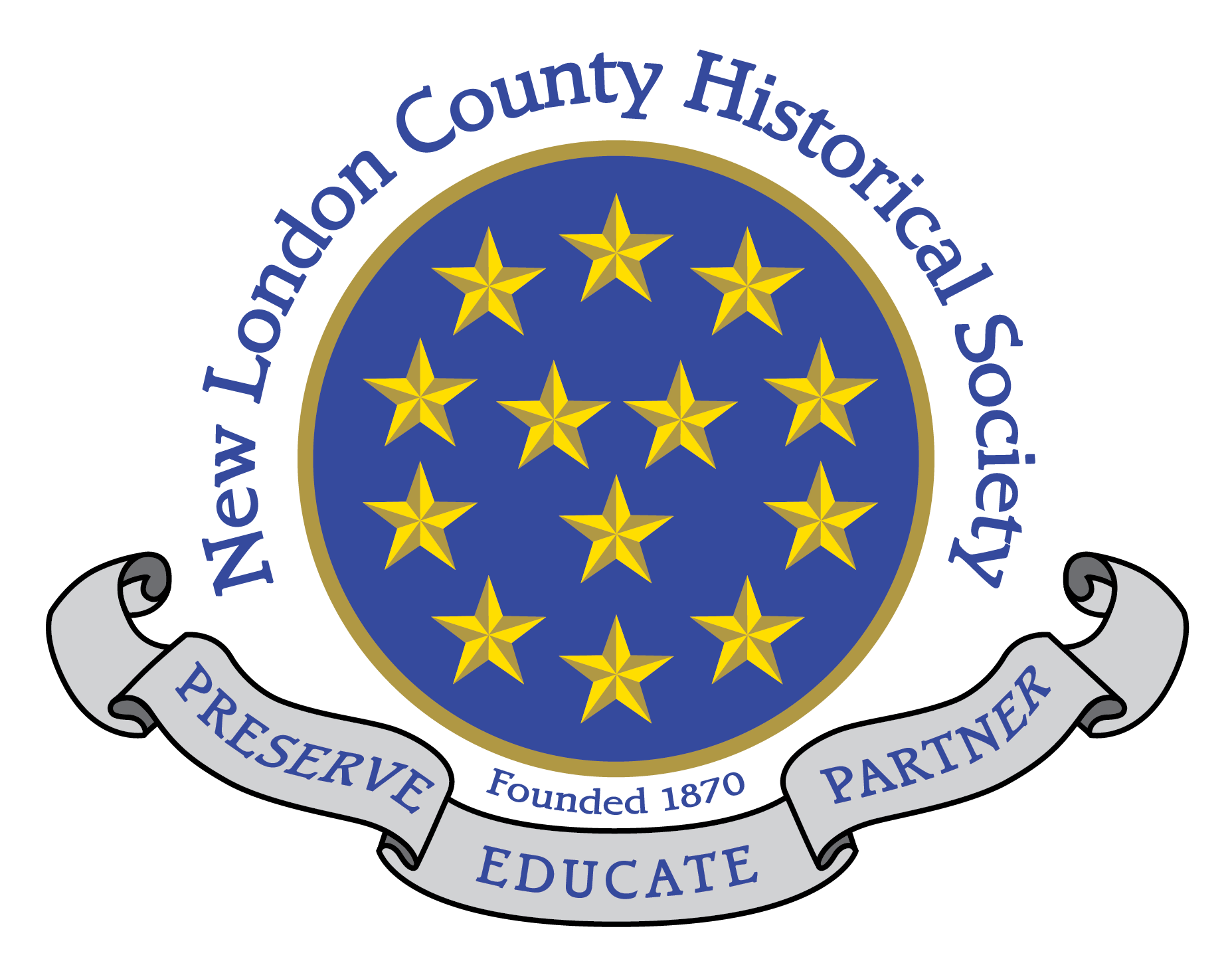By: Steve Manuel
From Benedict Arnold to Nathaniel Shaw Jr. on August 10, 1780.
“Dear Sir,
I have taken the liberty of enclosing sundry letters, bills sale etc.; by which it appears that Capt Joseph Packwood in August 1778 sold to Capt Thomas Truxton one fourth part of the sloop John with her cargo. Amounting to £1070, lawful money, for which amount Capt. Truxton drew on me (then in Philadelphia) which draught I stood ready to honor when presented; it also appears by Capt. Packwood’s letter that he had no doubt of the draughts being honored. It also appears by the papers that the sloop made one voyage and returned safe from the West Indies in March 1779 with a cargo of rum, sugar, & Molasses; — How many voyages she has made since, or what has become of her, I have never heard. Capt. Truxton informs me that Capt. Packwood wrote him some time since, requesting him to draw two thousand pounds lawful money, part of the profits of the Voyage, and at the same time objected to his sharing in full proportion alleging for reasons, that the sloop was not paid for when bought and that the money had greatly depreciated; This is an objection that Capt. Packwood has no right to make as it was his own neglect (not the owners) that he did not present the draught and receive the money, which lay ready for him, and Capt. Packwood has had the neat profits of the voyage in his hands, as well as the vessel seventeen months. It appears to me but just after deducting the prime cost of the vessel and cargo, the balance of the proceeds should be accounted for by Capt. Packwood, and as he has had the vessel and balance in his hands and to his use since her arrival in March of 1779 or since the sales of her cargo, without advising us that we might draw for the same it is but reasonable he should make good the depreciation.
Neither Capt. Truxton or myself know if the vessel has been sold or is still running on our account I am requested by him and the other owners to beg the favor of you to inquire into the matter and make a settlement with Capt. Packwood which you think just & reasonable. If you should differ in sentiment with him I beg you will submit the affair to arbitration which I conceive he can have no reasonable objection to.— It is the wish of the owners if the vessel is in being, and not sold, to have their quarter part sold, the account closed and the balance remitted to me at this place by post or any safe private conveyance,
Your compliance will be esteemed a very particular favor done
Dr. Sir
Your most Obedient Humble Servant
B. Arnold”
Benedict Arnold was corresponding with Nathaniel Shaw Jr. in his capacity as the Navy Agent for the Continental Congress and the Colony of Connecticut. The Arnold/Shaw relationship started several months prior when Shaw invited Arnold to purchase a share of the General Putnam, a ship Shaw had built to engage in privateering. While the initial offer was appealing to Arnold, he had to decline because the cost rose to an amount he found unacceptable. In the letter above, we see that Arnold did invest in other types of voyages. Arnold now wrote to Shaw as the Navy Agent for the colony of Connecticut.
The sloop John was engaged in typical maritime trade. However Packwood sailed for Shaw a number of privateering mission, and Packwood may have been privateering after the run to the West Indies. As Arnold noted in his letter, he did not know anything of the ship’s activities after she returned with her cargo. While acting as a privateer any cargo taken by the John was subject to the congressional regulations. Shaw was responsible for ensuring the rules of the Marine Committee were followed concerning any privateer capture. Arnold had a share in the sloop and was due any profits generated by the vessel as long as he was an owner. Arnold, as owner, had a right know the activities of the John, and the right to contest the actions of Packwood in arbitration.
Shaw with his maritime background was familiar with maritime law and interacting with the courts. Prior to the Revolution, such arbitration was the province of Vice Admiralty Court. When the colonies broke away from Britain, Vice Admiralty Court was no longer available for mediating maritime disputes. While the Marine Committee provided the rules for privateering and the method for dividing profit shares among all those involved, they made no provision for the judicial process of declaring a capture legal. When the issue of maritime dispute was taken up by the Congress, it was decided to allow individual colonies to decide. Connecticut was quick to act. Unlike Massachusetts and Rhode Island, the colony did not set up an admiralty court, but appointed three county courts to hear maritime cases. As the Navy Agent Shaw worked with these courts to determine if prizes taken by privateers were legal. It was this court which would arbitrate Arnold’s complaint.
Arnold wrote this letter in August of 1780, and while there is a record of a copy being submitted to George Washington, there is no correspondence from Shaw to Arnold answering his request to send the matter to arbitration. Forty-three days later Major Andre was captured and the the entire situation was made moot.
